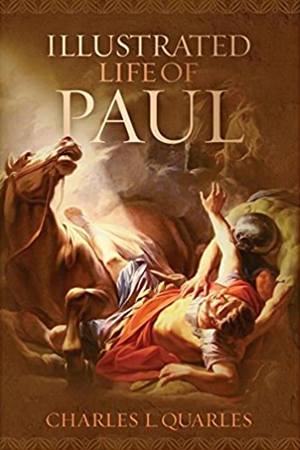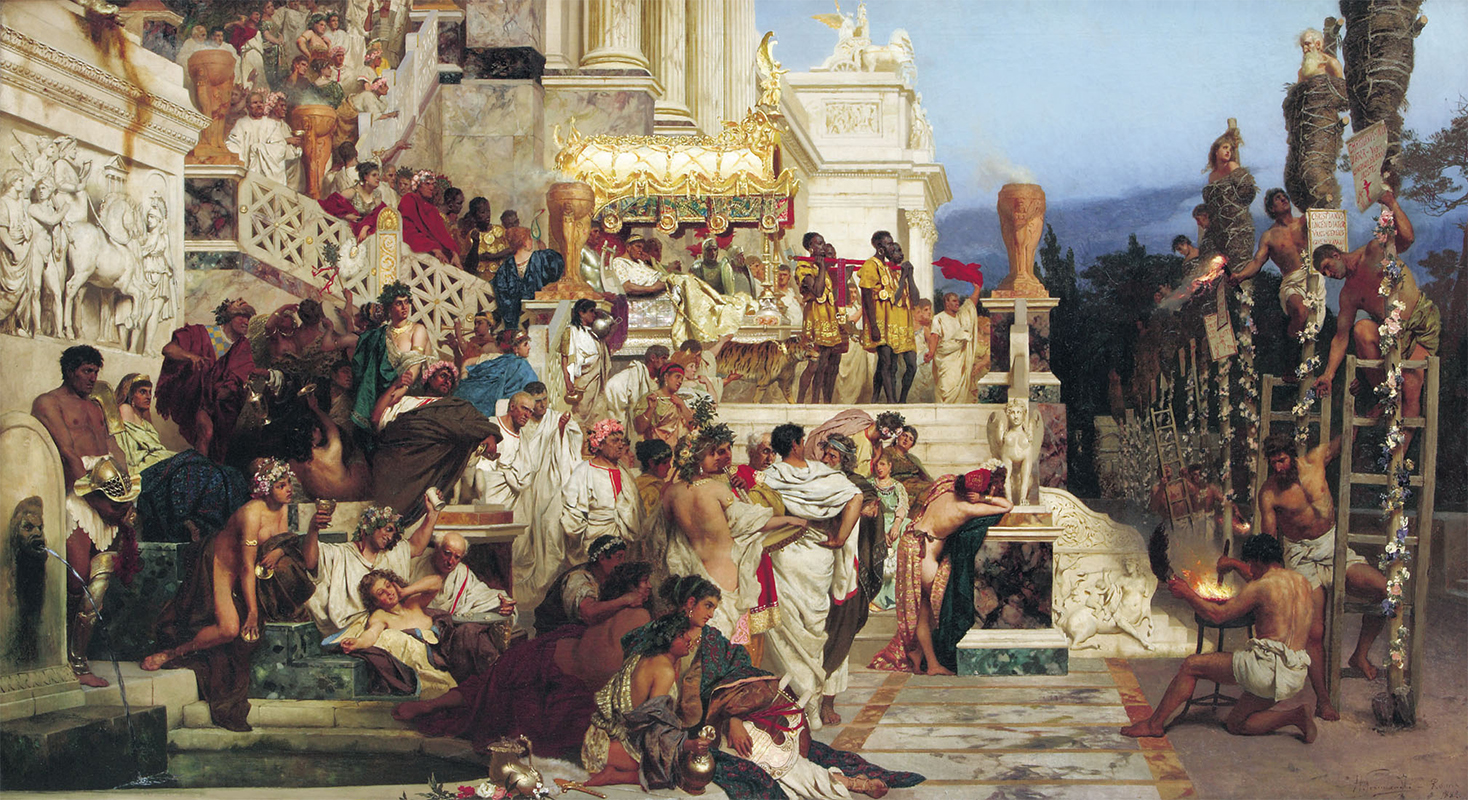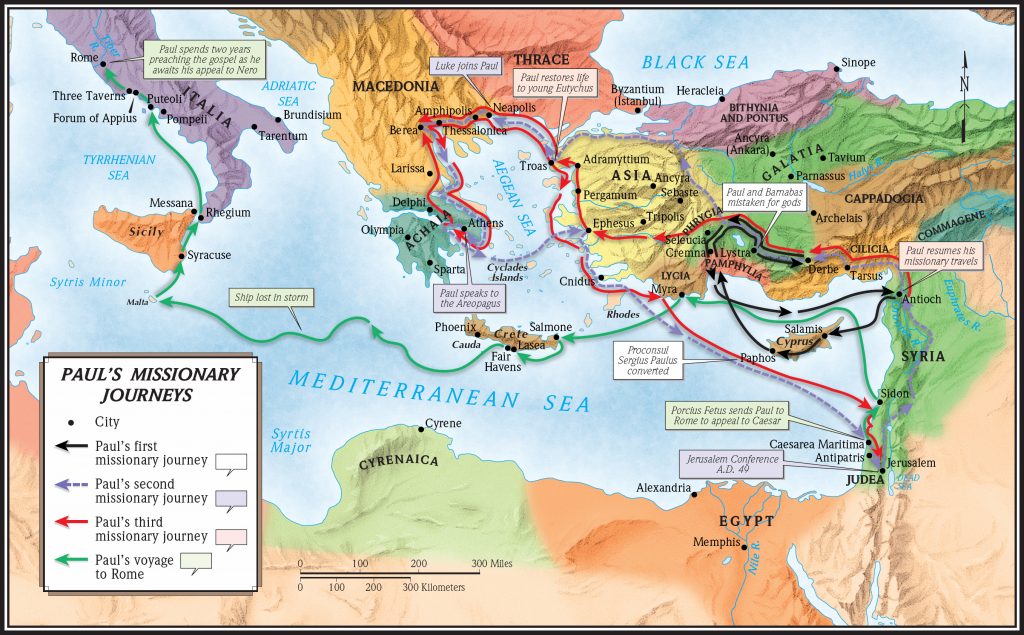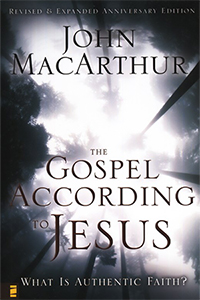Today I completed the book entitled “Illustrated Life of Paul.” It was required reading for a course about the early Church and the book of Acts. The book is a walkthrough of the life of Paul the Apostle. Specifically, around his background, early experiences, conversion, missionary journeys, and last years. The book was well-written, historical, and factual without much speculation about what occurred in Paul’s life. The text does not often equivocate or take license to elaborate with terms used such as “possible,” “maybe,” “might,” “may,” and so forth. Fanciful explanatory imagery around life events, trials, hardships, victories, and so on were not presented within this text, along with tidbit facts sprinkled in among other comparative texts that speculate about Paul’s life.
This book provides numerous reliable citations, and Scripture references are of modern translations without the author recasting their verbiage to fit how the book was written. The book is heavily researched to present a composite story about Paul’s life with Scripture (Acts, Romans, Prison Letters) as the underlying guide to support the confidence of its reader.
Highlights of the book are everywhere throughout the text. With intertextual references of biblical sources, considerable detail is covered from the era’s cultural influences. More specifically, Judaism, Hellenism, Roman, and Greek paganism were together the social environment that Paul operated within. With the cultural conditions and pressures upon society, the Roman empire and its laws intertwined with Jewish traditions and requirements of the Mosaic law that situated Paul within an environment by which the message of the gospel could get traction and thrive among many Jews and “God-fearers.”
But the Lord said to him, “Go, for he is a chosen instrument of Mine, to bear My name before the Gentiles and kings and the sons of Israel; for I will show him how much he must suffer for My name’s sake.” – Jesus, Acts 9:15-16
With substantial background about Paul’s upbringing, family, training, and accomplishments, the book goes much farther to trace the developments of Paul. Sequentially indexed town by town, and city by city, the reader gets an in-depth look at what occurred along a timeline. From his dramatic conversion on the Damascus road to his time in Arabia, Jerusalem, Tarsus, and then Antioch, he gained his footing under the Holy Spirit’s power. To undertake his three successive missionary journeys, he would travel out and back to bring up churches from scratch and develop leaders to sustain them. From the first to the last, each trip grew progressively longer and more involved with new converts and a growing population that served as a network of sorts under the power of the Holy Spirit and authority of Christ.
The book is an excellent resource concerning what occurred in each town. With geographical maps with routes, archaeological descriptions, and illustrations, the reader is also exposed to ordinary everyday life artifacts. Implements, currencies, writing materials, navigation aids, art, living quarters, forms of entertainment, legal systems, and so forth are presented as well to piece together what life was like while the growth of the Church was underway.
The book’s geographical scope extends across the Mediterranean from the South, such as Alexandria, to the East, including Jerusalem and Antioch, to the further North such as Cicilia, Cappadocia, Galatia, and the rest of Asia-Minor. Moreover, in-depth coverage narrows in on European areas, including Macedonia, Thrace, Achaia, and Italy (Rome). Islands that were traversed, such as Sicily, Cypress, Crete, and Malta, were also important points of interest in the text.
This is an academic book and well worth the money spent and the time invested in reading through it. It is not for cursory or topical study, but it serves as a reference to stimulate added research and ground anyone’s thinking around what the life of Paul was about.





















